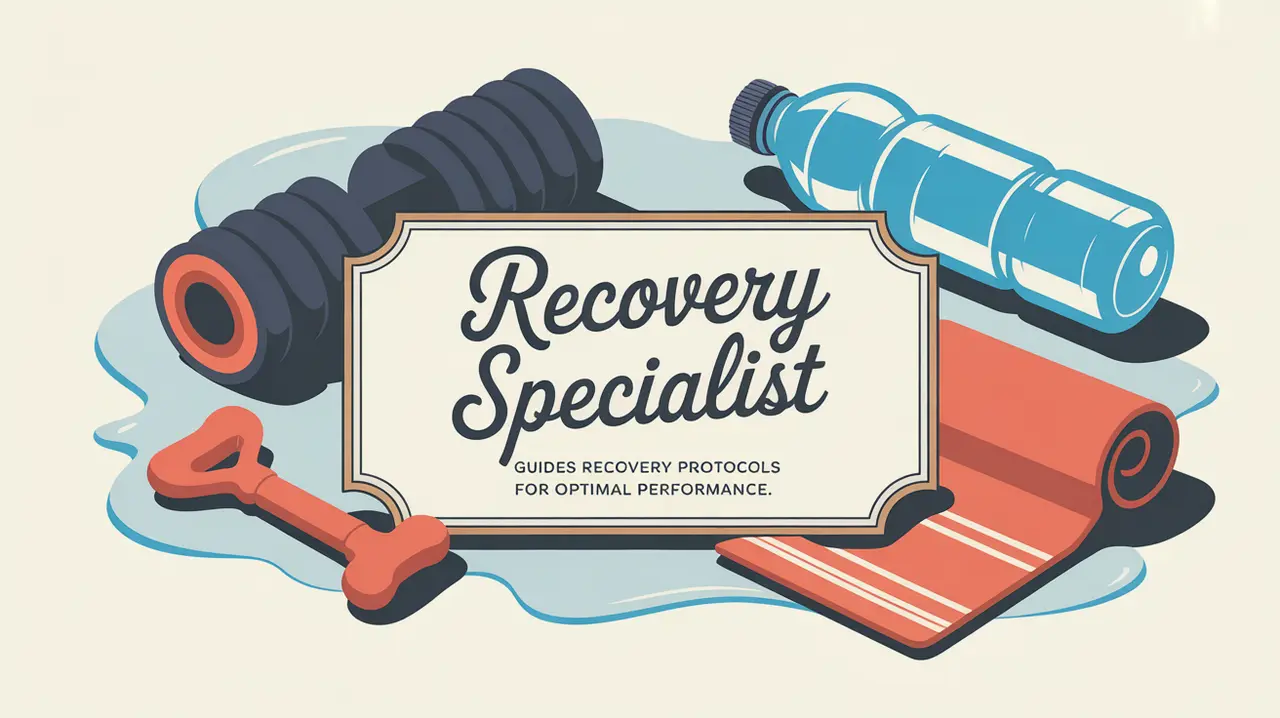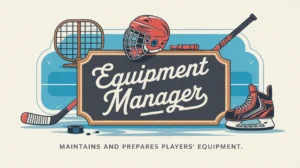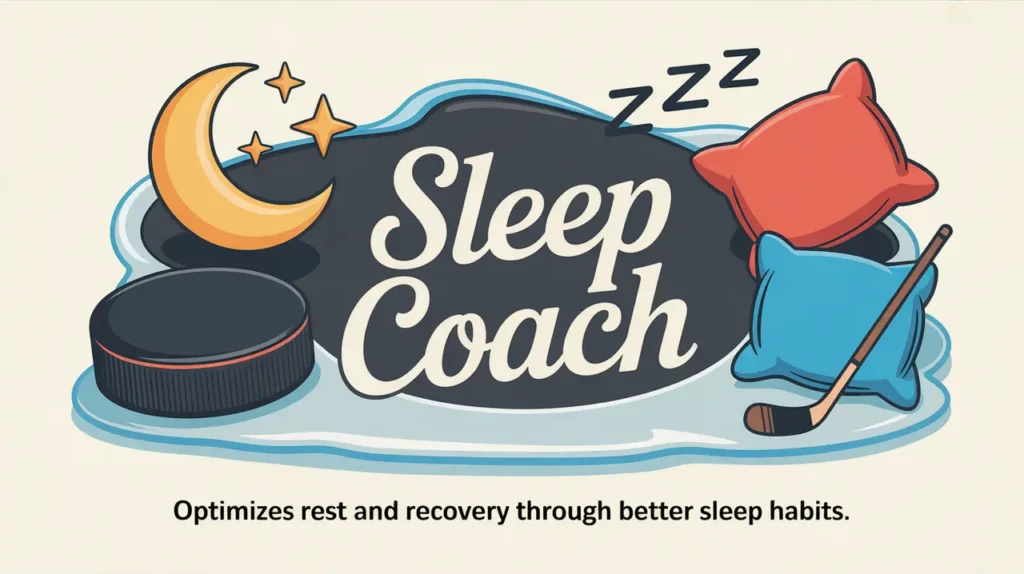Jim’s Intro to the Recovery Specialist
Hi folks, Jim here, the only commentator who once joined a team recovery session, rolled out on a foam roller, and nearly filed for early retirement.
What is a recovery specialist?
A recovery specialist is a professional focused on helping athletes restore their bodies between training sessions and games, reducing fatigue, preventing injury, and optimizing performance. Their work blends science, routine, and technology to help players manage stress on their bodies and maintain peak output over long schedules. They work closely with strength coaches, athletic trainers, and physiotherapists, but their focus is squarely on regeneration and readiness.
How does it work?
Recovery specialists guide players through planned recovery protocols, monitoring, and individualized strategies:
Recovery Planning
- They build structured recovery programs around training loads and game schedules, determining when players need light flushes, active recovery, or full rest.
- Plans are often personalized based on player age, position, and workload.
Modalities and Techniques
- Recovery specialists use a wide range of methods, including cold plunges, contrast baths, compression boots, soft tissue work, mobility drills, massage, and low-intensity aerobic sessions to flush out waste products and restore muscles.
- Newer technologies like infrared saunas, cryotherapy, and percussion tools are also common.
Monitoring Fatigue and Readiness
- They track objective and subjective data, such as heart rate variability, wellness surveys, sleep patterns, and workload metrics, to adjust recovery plans in real time.
Education and Habits
- Recovery specialists teach players how to take ownership of their recovery, emphasizing sleep quality, hydration, nutrition, and daily routines that affect how well the body bounces back.
Integration with Performance Staff
- They communicate with strength and medical staff to adjust training intensity or recovery focus, ensuring players are neither overworked nor underprepared.
Common Situations Involving Recovery Specialists
- Post-Game Recovery Sessions: Managing fatigue after intense matches.
- Heavy Training Blocks: Building structured recovery days to sustain performance.
- Tournament Play: Rapid turnaround recovery planning.
- Travel Fatigue Management: Adjusting sleep and recovery protocols for different time zones.
- Mid-Season Slumps: Resetting recovery strategies to avoid burnout.
How do you make good decisions with it?
Effective recovery programs rely on consistency, personalization, and communication.
- Follow the Plan: Skipping recovery leads to performance drops later.
- Be Honest About Fatigue: Hiding exhaustion throws off planning.
- Adapt to the Schedule: Travel, game intensity, and individual needs should guide recovery.
- Prioritize Sleep and Hydration: They’re the cornerstones of recovery.
- Integrate with Training: Recovery isn’t an afterthought; it’s part of performance.
How do you master it?
Mastering the recovery specialist role requires deep knowledge of physiology, strong observation skills, and practical creativity. The best specialists blend data with intuition, understanding when to push, when to back off, and how to keep players in the performance sweet spot over long stretches of competition.
What does it look like when done right?
A great recovery specialist produces players who stay energized, resilient, and durable throughout the season. Teams experience fewer injuries, maintain sharper play late in games, and handle congested schedules without crashing physically or mentally.
Commentator’s Corner
Jim’s Take
The recovery specialist is like the pit crew after a long race. They get the wheels back on, tighten every bolt, and make sure the engine’s ready for the next lap.
Parent Tip
Teaching young athletes about proper sleep, hydration, and recovery habits early pays off later. Overtraining without recovery is a fast track to burnout.
Player Tip
Take recovery seriously. The difference between average and elite is often how well you treat your body between games.
A Final Thought
The recovery specialist is the guardian of durability, blending science, habit-building, and careful planning to keep players fresh and performing at their peak. When mastered, the role combines precision, consistency, and care, turning recovery into a competitive advantage.









